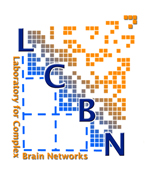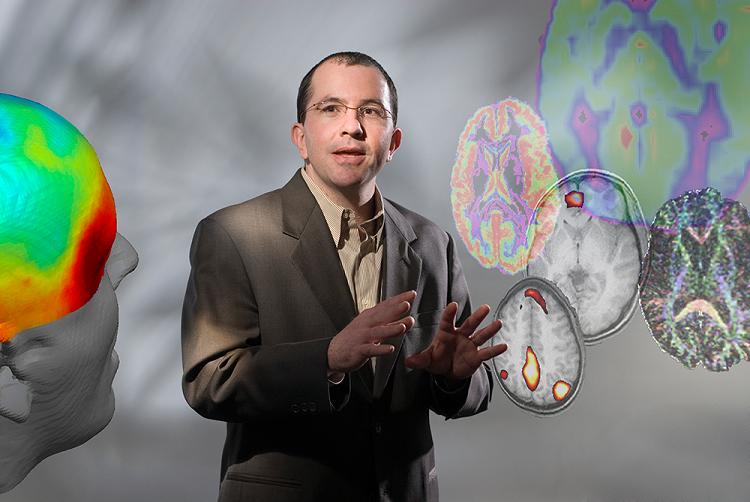

|
Laboratory for Complex Brain Networks |
|
| ||||||||||||||
|
About UsThe Laboratory for Complex Brain Networks (LCBN) is a Wake Forest Baptist Health neuroscience and neuroimaging research facility. Located on the Medical Campus of Wake Forest University in Winston-Salem, North Carolina, the LCBN consists of an association of scientists located at universities, laboratories and research centers around the world that focus on imaging technology and emergence in complex systems. The primary focus of the laboratory is the development of innovative ideas, methods and technologies for systematic understanding of emergence in dynamic complex systems such as the brain. Through the development and use of network science methods, the work of the LCBN offers a means to quantify and analyze networks of complex systems. Along with an extended community of interdisciplinary researchers, neuroscientists, physicists, academicians, and graduate students, the LCBN is uniquely positioned as a 21st century network science research facility. .
|
Our HistoryIn 2006, Drs. Paul Laurenti, Jonathan Burdette and Satoru Hayasaka began to discuss how chaos theory might help explain emergence and complexity in the human brain. Through their discussions, they began looking for ways and methods that could capture these non-linear processes. Where traditional neuroscience could use functional magnetic resonance imaging (fMRI) to take snapshots of the brain, it was not sufficient for capturing and studying the brain’s dynamic complexity. However, an emerging area of research called Network Science was offering methods and means to quantify and analyze dynamic systems.Therefore, along with physicist Bob Kraft, they began to envision how the new field of network science could offer ways to understand emergence in networks such as the brain. Believing that no single cognitive process could be isolated without affecting the rest of the brain’s system, the four moved forward in 2009 to create the Laboratory for Complex Brain Networks. “Together,” said Paul, “we took a pretty big risk. We stepped outside of a traditional research area and totally shifted our focus.” As he stated in one of his recent talks, “One of the more exciting aspects of this new field [Network Science] is that all methods and tools have not yet been developed. We clearly are not limited to neuroscience. Our methods can be applied to almost any field that models and studies complex systems.” Utilizing state-of-the-art technology, the LCBN collaborates with other national and international scientists to envision and develop new and innovative methods for studying and analyzing emergence in brain networks as well as other complex systems. |